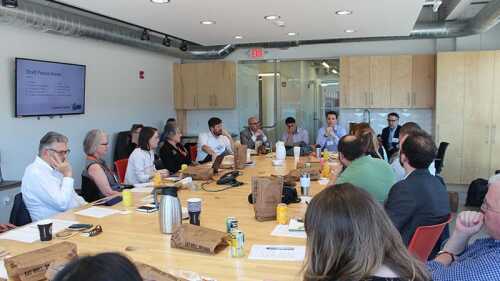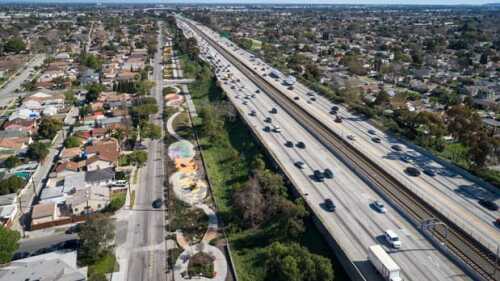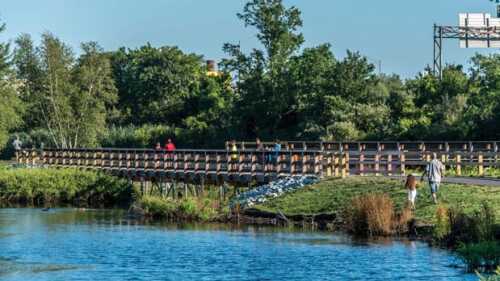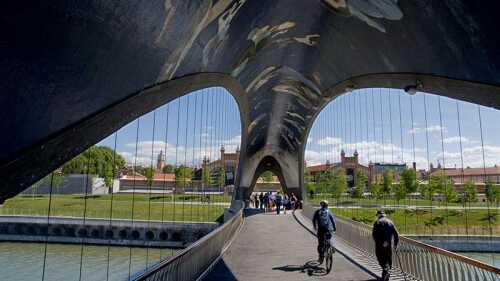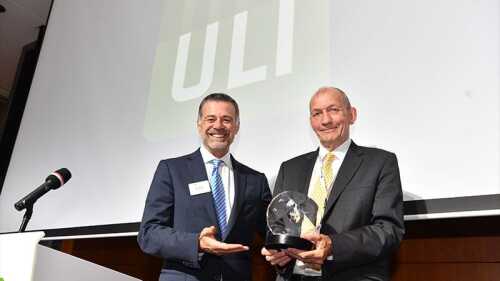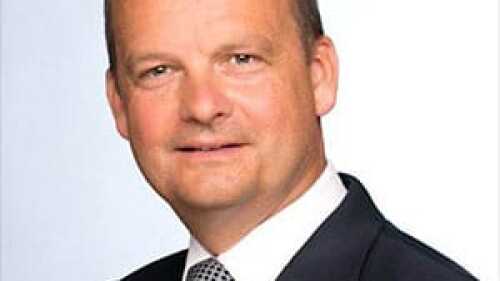Philanthropic Impact
The ULI Health Leaders Network is empowering real estate and land use professionals with the skills, knowledge, and networks to improve health outcomes in their professional practice and communities. Health leaders interviewed friends or family members—outside of the traditional health or built-environment professions—on whether (and how) they think about ways the built environment the built environment affects their health, the biggest influences on their own health, and where they typically get health-related information. Through these conversations, health leaders gleaned ways to better communicate with a general audience.
With buildings accounting for 75 percent of U.S. electricity consumption, achieving these commitments will require the active participation and cooperation of the real estate sector. However, many U.S. cities are still in the very early stages of developing new policies and incentive programs to support the real estate industry in transitioning to more energy-efficient building development and management.
The Ricardo Lara Linear Park in Lynwood, California, demonstrates how underused land can be repurposed to benefit an entire community. Teamwork and creativity transformed a vacant five-acre (2 ha) stretch of land along Interstate 105 into a park that advances social equity, improves environmental health, and offers recreation spaces for all ages.
The Quequechan River Trail is reusing an abandoned rail right-of-way to provide public access to the Quequechan River, offering benefits for the community of Fall River, Massachusetts, improving water quality, and creating valuable wetland habitat. In 1958, the construction of Interstate 195 split the city in half and blocked access to the river. The new trail, made possible through strong partnerships, now provides almost two miles (3.2 km) of trails to pedestrians and bicyclists and restores a connection to the Quequechan River.
Madrid Rio Park was made possible by the burial of 25 miles (40 km) of urban motorways that had separated Madrid’s 6 million residents from the Manzanares River, which flows through the city. The park now occupies 360 acres (146 ha) of green space, with trails and urban beaches sharing space with art centers, playgrounds, and cafés, providing a link between city and river, and between the urban ecosystem and the vast Manzanares River basin.
The ULI Urban Open Space Award recognizes vibrant parks and open spaces that have been transformative in promoting healthy, sustainable, and equitable outcomes in their communities. This year, five projects were selected as finalists.
The new members of ULI’s Americas Executive Committee are Clare De Briere, founder, C+C Ventures in Los Angeles and chairman of ULI Los Angeles; Sharmil Modi, principal, Modi Adventureprises, Boston; Daniel Neidich, chief executive officer, Dune Real Estate Partners LP, New York City; Leslie Woo, chief planning and development officer, Metrolinx, Toronto; and Jonathan Brinsden, chief executive officer, Midway Companies, Houston.
Nicholas Brooke, an acclaimed authority on land administration and planning matters, and one of Hong Kong’s most widely recognized champions of innovation and technology, has received dual recognition from ULI in being selected as the new chairman of the Asia Pacific region and the first ULI Life Trustee from Asia Pacific.
Jürgen Fenk, member of the Group Executive Board of SIGNA Group, has been named the new chair of ULI Europe. Fenk, who succeeds Jon Zehner, global head of the client capital group for LaSalle Investment Management, will serve on a voluntary basis for a two-year term. A member of ULI for over a decade, Fenk has just completed a four-year term as chair of ULI Germany, ULI’s second largest national council in Europe. He is also currently a Global Governing Trustee, a member of ULI Europe’s Executive Committee, and serves on ULI’s Global Board of Directors.
Panelists speaking at the 2018 ULI U.K. Annual Conference said that disruptive change—ranging from the safe use of autonomous vehicles to greater energy efficiency districts to rethinking city governments outside London—requires public engagement, forethought, and transparency.


